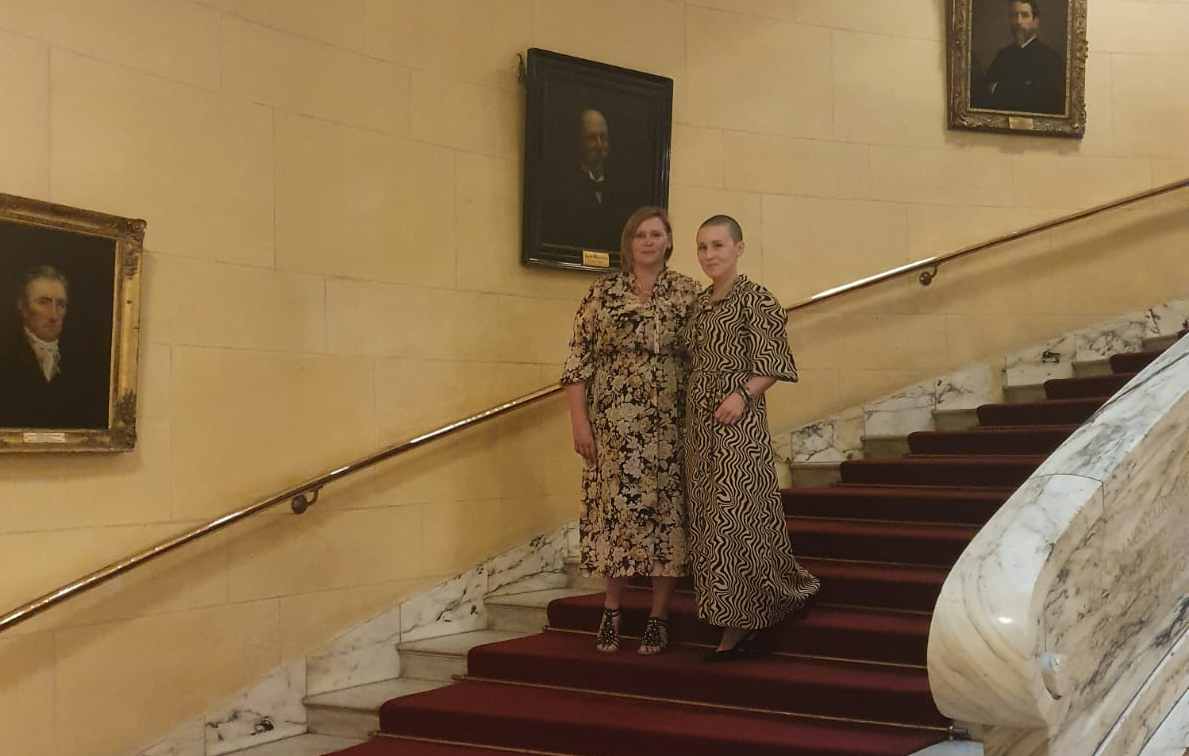PEGS supports DWP domestic abuse Covenant event
PEGS was delighted to be asked to attend an EDAC event with the Department for Work and Pensions.
EDAC is the Employers Domestic Abuse Covenant – aiming to ensure those who have experienced domestic abuse are supported to enter or re-enter the workplace.
It’s spearheaded by the fantastic Polly Harrar – founder of the Sharan Project.
And it’s one of the main inspirations for our own Covenant (CPAC), which we launched in conjunction with the DWP last year. Our lead contacts Tony Hyland and Ahmed Bhayat have been heavily involved with EDAC which means they’ve been able to offer us expert advice and insight throughout the process of launching and rolling out our own Covenant.
Also in attendance to support the event were Julie Marson MP, the newly-appointed Parliamentary Under Secretary of State at the DWP, and Barbara Bradley, the Director General for Work and Health Services.
During the event, we heard from a panel of employers who have become more informed about domestic abuse thanks to EDAC, have been able to help employees experiencing abuse and have been able to provide more opportunities for women in the workplace.
Panellists included Anastasia Womack from Capgemini, Laura Roche from SCS Railways, Rachel Parker from Thames Valley Water, Dr Barbara van de Eecken from Babington, and Julian Sanz from EQUANS.
Our Founder Michelle said: “We were thrilled to be asked to support the event, which raised the profile of EDAC and the work the DWP does with employers around domestic abuse.
“There was an incredibly powerful talk from Nina Aouilk who spoke about her experiences of honour-based violence, domestic abuse, homelessness and employment. Her story is very moving and gave us all something to think about afterwards.
“It was fantastic to meet the employers, EDAC and DWP teams at the event – and a big thank you again, particularly to Tony, for our invite!”
If you’re an employer who hasn’t yet found out about our Covenant – the CPAC – do click here for all the information.






